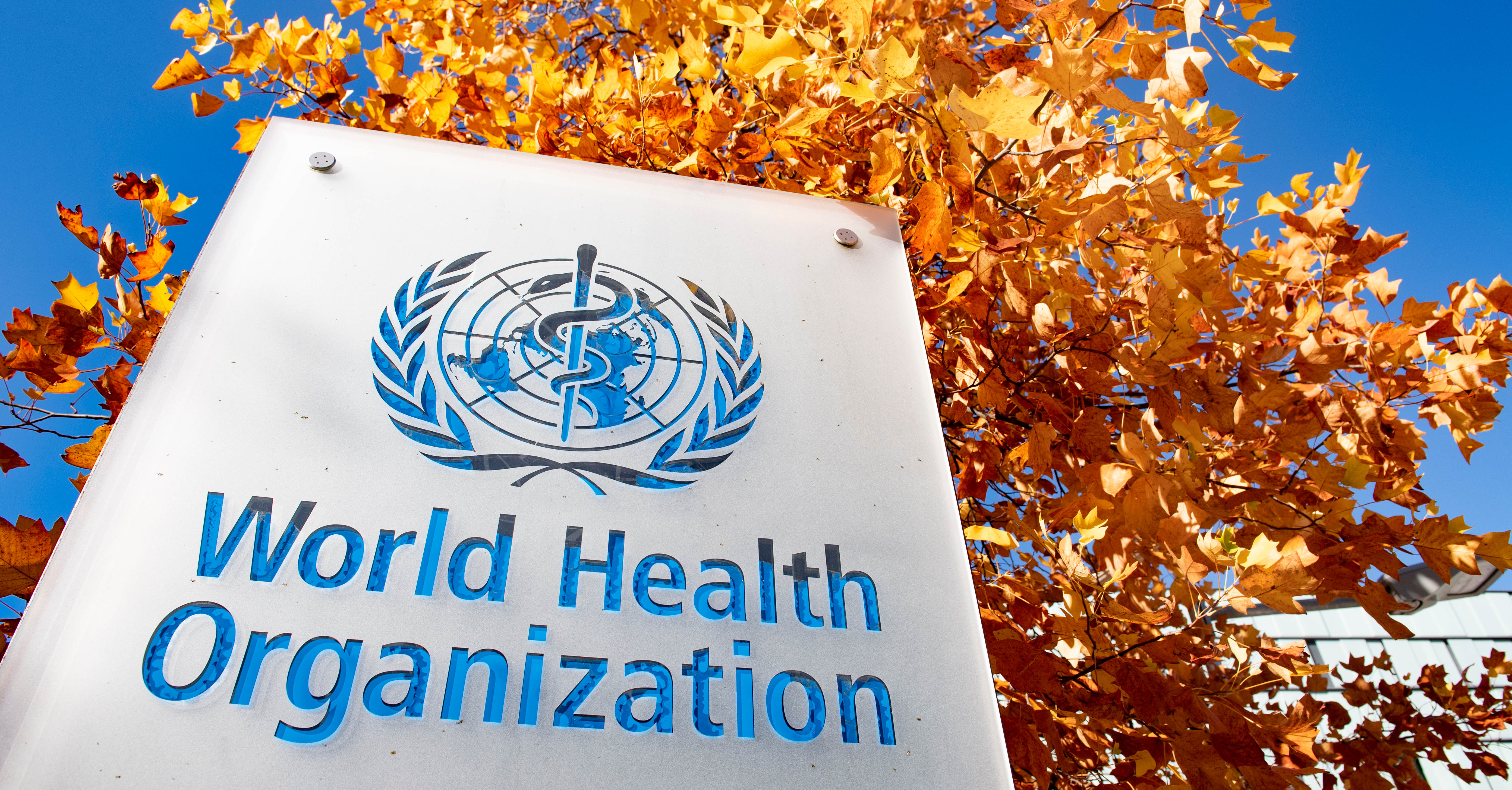US leaving World Health Organization: Now what?

Q&A with Scott Greer
Professor of Health Management and Policy and Global Public Health
President Donald Trump's decision to withdraw from the World Health Organization, of which the US was a founding member and is an integral part, raises questions on how it might affect Americans and people around the world, especially in an anxious, post-pandemic era of infectious disease and global health threats.
Political scientist Scott Greer, professor of Health Management and Policy and Global Public Health at the University of Michigan School of Public Health, has done extensive research on COVID-19 policy responses, health governance and the politics of public health and disaster response. He says the decision would have negative consequences, including Americans being less safe from and less prepared for infectious disease threats and future public health crises.
What are your thoughts about the US pulling out of the World Health Organization?
Leaving WHO is petty, self-defeating and bad for US foreign policy. Self-exclusion from the membership of one of the most broadly supported international organizations hurts the United States' ability to promote its broad goals and influence while damaging an organization that is crucial in setting health care standards, vetting and promoting scientific advice to governments, and coordinating aid.
What has membership in WHO meant to Americans?
Americans will often not have seen the benefits of WHO membership directly, but they are everywhere if you learn where to look. They are in disease outbreaks avoided, as with the containment of Ebola outbreaks, as well as more regular and less visible disease responses. They are in the dissemination of better practice in medicine, where WHO committees are part of the process by which doctors establish best practice. And they are in the reduction of critical risks from war and disease that can destabilize countries around the world and affect our interests.
For what is by any standards a very small agency with a very small budget, it is inescapable and does a lot.
When we think about global pandemics, and as we continue to assimilate to a post COVID-19 world, what role does the WHO, or membership in it, play?
The WHO is going to continue to play its same role, but less well because of the loss of US funding, and with less US influence over its findings and priorities. That matters because WHO is a clearinghouse for data, which we need to formulate our own responses to health threats, and for science, which magnifies US influence because it is often our science, reflecting our priorities that shape the WHO's findings and advice.
As we track avian flu and its spread from animals to humans, does the WHO play a role? Or is this mostly a CDC matter?
Domestically, it's federal and state agencies such as the CDC and APHIS that monitor and try to understand and contain H5N1. Globally, though, it is WHO's job to coordinate and report on the different notifications, and if it becomes a human pandemic, WHO will play a big role in advocating for global vaccine equity and advising response.
What benefits come from being a member of WHO? And downsides?
In terms of upsides, WHO membership for the US is much like the upsides of US membership in any of the international institutions it helps create: the US is one of the most important countries shaping its agenda, American science underpins much of what it does and it is an opportunity to win friends among governments and people worldwide.
It also provides specific concrete services such as disseminating scientific findings and guidelines, monitoring and responding to disease outbreaks, gathering and vetting data and enabling health-related cooperation between countries that are otherwise at odds.
In terms of downsides, there are few. WHO costs money, but its overall budget is smaller than that of any big US hospital. As an international organization, its membership sometimes adopts stances that don't align with US foreign policy goals, but dropping out of it guarantees that the US voice will not be heard.
Anything you want to add?
Three things:
- WHO is very small but it has tremendous powers of convening and it is central in almost any network or initiative in global health. No matter what the topic is, or how difficult WHO participation may be, the history of global health has shown that WHO is always involved because that is the price of international coordination and buy-in from different governments. Dropping out of WHO, for whatever petty reasons, simply removes the US from international health coordination and makes WHO more responsive to other countries.
- Removing about 15% of the WHO budget, which is the US contribution, will hurt WHO's effectiveness. It will also make it more responsive to other countries that continue to pay their budgetary allocations, possibly China, but above all Europeans.
- Big countries make the most use of WHO but need it the least. For small countries, it is a trusted source of diplomatically given and scientifically vetted advice. For the US, the WHO is a way to project influence, share the results of our science and make friends. Dropping out hurts the United States insofar as health risks are planetary, but it also hurts the United States because it costs us international allies and friends.
Media Contact
Kim North Shine
Senior Public Relations Representative, Health Sciences
Michigan News
[email protected]
313-549-4995

